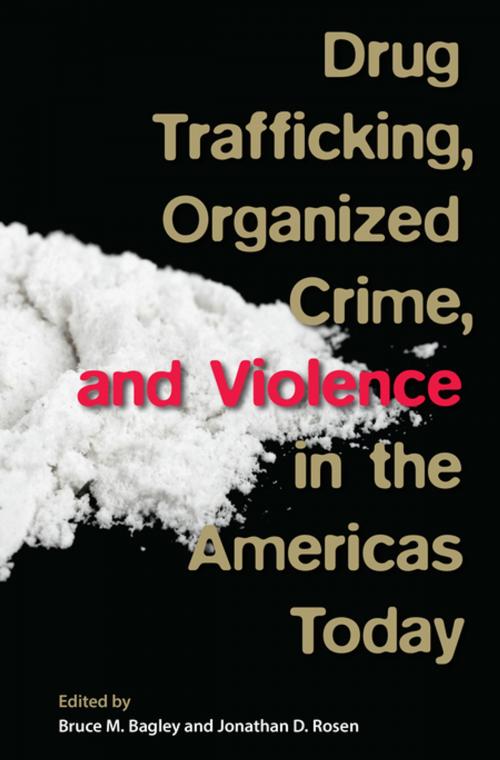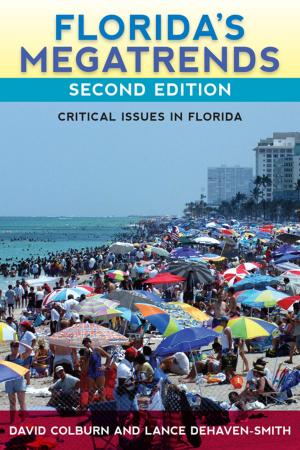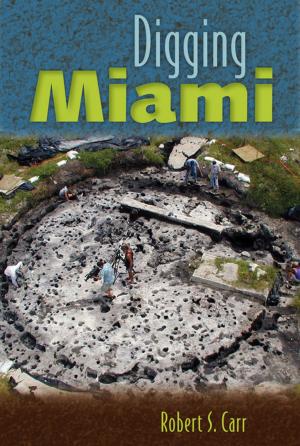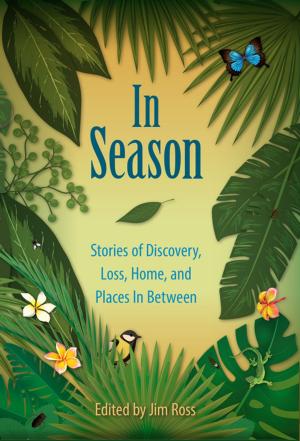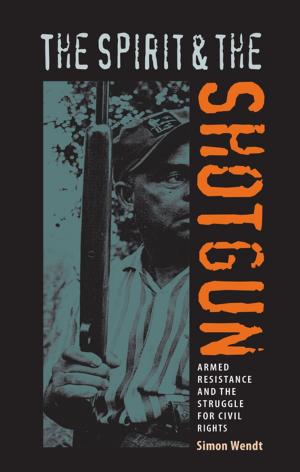Drug Trafficking, Organized Crime, and Violence in the Americas Today
Nonfiction, History, Modern, Americas, Social & Cultural Studies, Social Science| Author: | ISBN: | 9780813063126 | |
| Publisher: | University Press of Florida | Publication: | July 25, 2017 |
| Imprint: | University Press of Florida | Language: | English |
| Author: | |
| ISBN: | 9780813063126 |
| Publisher: | University Press of Florida |
| Publication: | July 25, 2017 |
| Imprint: | University Press of Florida |
| Language: | English |
"An extensive overview of the drug trade in the Americas and its impact on politics, economics, and society throughout the region. . . . Highly recommended."--Choice "A first-rate update on the state of the long-fought hemispheric 'war on drugs.' It is particularly timely, as the perception that the war is lost and needs to be changed has never been stronger in Latin and North America."--Paul Gootenberg, author of Andean Cocaine: The Making of a Global Drug "A must-read volume for policy makers, concerned citizens, and students alike in the current search for new approaches to forty-year-old policies largely considered to have failed."--David Scott Palmer, coauthor of Power, Institutions, and Leadership in War and Peace "A very useful primer for anyone trying to keep up with the ever-evolving relationship between drug enforcement and drug trafficking."--Peter Andreas, author of Smuggler Nation: How Illicit Trade Made America In 1971, Richard Nixon declared a war on drugs. Despite foreign policy efforts and attempts to combat supply lines, the United States has been for decades, and remains today, the largest single consumer market for illicit drugs on the planet. This volume argues that the war on drugs has been ineffective at best and, at worst, has been highly detrimental to many countries. Leading experts in the fields of public health, political science, and national security analyze how U.S. policies have affected the internal dynamics of Mexico, Colombia, Bolivia, Peru, Brazil, Argentina, Central America, and the Caribbean islands. Together, they present a comprehensive overview of the major trends in drug trafficking and organized crime in the early twenty-first century. In addition, the editors and contributors identify emerging issues and propose several policy options to address them. This accessible and expansive volume provides a framework for understanding the limits and liabilities in the U.S.-championed war on drugs throughout the Americas.
"An extensive overview of the drug trade in the Americas and its impact on politics, economics, and society throughout the region. . . . Highly recommended."--Choice "A first-rate update on the state of the long-fought hemispheric 'war on drugs.' It is particularly timely, as the perception that the war is lost and needs to be changed has never been stronger in Latin and North America."--Paul Gootenberg, author of Andean Cocaine: The Making of a Global Drug "A must-read volume for policy makers, concerned citizens, and students alike in the current search for new approaches to forty-year-old policies largely considered to have failed."--David Scott Palmer, coauthor of Power, Institutions, and Leadership in War and Peace "A very useful primer for anyone trying to keep up with the ever-evolving relationship between drug enforcement and drug trafficking."--Peter Andreas, author of Smuggler Nation: How Illicit Trade Made America In 1971, Richard Nixon declared a war on drugs. Despite foreign policy efforts and attempts to combat supply lines, the United States has been for decades, and remains today, the largest single consumer market for illicit drugs on the planet. This volume argues that the war on drugs has been ineffective at best and, at worst, has been highly detrimental to many countries. Leading experts in the fields of public health, political science, and national security analyze how U.S. policies have affected the internal dynamics of Mexico, Colombia, Bolivia, Peru, Brazil, Argentina, Central America, and the Caribbean islands. Together, they present a comprehensive overview of the major trends in drug trafficking and organized crime in the early twenty-first century. In addition, the editors and contributors identify emerging issues and propose several policy options to address them. This accessible and expansive volume provides a framework for understanding the limits and liabilities in the U.S.-championed war on drugs throughout the Americas.
